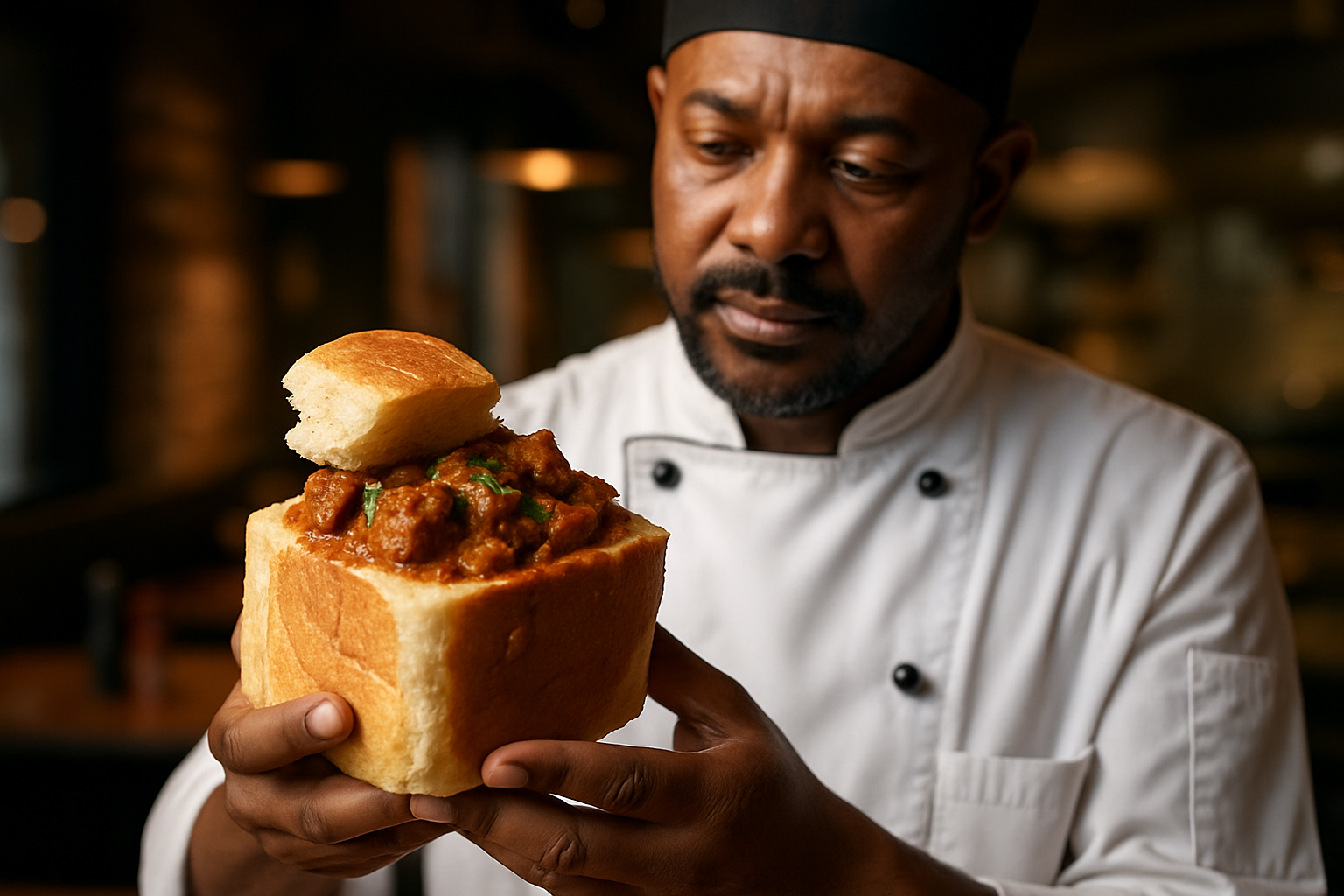Online Cooking Classes: Skills, Certificates, and Career Options
Online cooking classes give learners the chance to explore culinary skills from home. Covering techniques from basic preparation to specialized dishes, these classes use virtual platforms to guide participants, making cooking education more accessible and adaptable to different schedules.

Online Cooking Classes With Certificates
Certified online cooking programmes provide formal recognition of culinary skills and knowledge. Many platforms offer completion certificates that demonstrate competency in specific cooking techniques, food safety protocols, and culinary theory. These certificates often include modules covering knife skills, cooking methods, ingredient knowledge, and kitchen management. Professional certification programmes typically require practical assessments alongside theoretical components, ensuring students develop both understanding and hands-on abilities.
Reputable platforms maintain partnerships with culinary institutions and industry professionals to ensure their certification standards meet industry expectations. Students receive digital certificates upon successful completion, which can be added to professional portfolios or CVs when pursuing culinary career opportunities.
Online Cooking Classes for Healthy Eating and Nutrition
Nutrition-focused cooking classes combine culinary skills with health education, teaching students how to prepare meals that support wellness goals. These courses cover topics including macro and micronutrient balance, meal planning for specific dietary requirements, and cooking techniques that preserve nutritional value. Students learn to adapt recipes for various health conditions, understand portion control, and develop sustainable eating habits.
Many programmes feature registered dietitians or nutritional therapists as instructors, providing evidence-based guidance on food choices and preparation methods. Course content often includes plant-based cooking, managing food allergies, and creating balanced meals for different life stages and activity levels.
Professional Online Cooking Classes for Chefs
Advanced culinary programmes target professional chefs and serious culinary enthusiasts seeking to expand their expertise. These intensive courses cover specialised techniques, international cuisines, and advanced cooking methods typically taught in culinary schools. Topics include molecular gastronomy, artisanal bread making, pastry arts, and restaurant-quality plating techniques.
Professional programmes often feature master classes led by renowned chefs, providing insights into industry trends and advanced culinary concepts. Students gain exposure to commercial cooking equipment usage, menu development principles, and cost management strategies essential for professional kitchen environments.
Course Formats and Learning Approaches
Online cooking education utilises various formats to accommodate different learning preferences and schedules. Live interactive sessions allow real-time interaction with instructors and fellow students, while pre-recorded modules offer flexibility for self-paced learning. Many platforms combine both approaches, providing structured curriculum with opportunities for personalised feedback.
Course materials typically include video demonstrations, downloadable recipe collections, shopping lists, and technique guides. Some programmes incorporate virtual reality elements or 360-degree kitchen tours to enhance the learning experience. Interactive elements such as discussion forums and peer review assignments foster community engagement among students.
| Course Type | Provider | Cost Estimation |
|---|---|---|
| Basic Cooking Certificate | MasterClass | £150-200 annually |
| Nutrition & Healthy Cooking | Future Learn | £49-149 per course |
| Professional Chef Training | Institute of Culinary Education | £300-800 per module |
| Speciality Cuisine Classes | Udemy | £20-100 per course |
| Plant-Based Cooking | Rouxbe | £199-299 per programme |
Prices, rates, or cost estimates mentioned in this article are based on the latest available information but may change over time. Independent research is advised before making financial decisions.
Benefits and Practical Considerations
Online cooking education offers significant advantages including flexible scheduling, cost-effectiveness compared to traditional culinary schools, and access to internationally recognised instructors. Students can learn at their own pace while practicing skills in familiar home environments. However, practical considerations include ensuring adequate kitchen equipment, reliable internet connectivity, and self-motivation for independent learning.
Successful online culinary students often supplement their learning with local hands-on workshops or cooking groups to practice collaborative cooking and receive immediate feedback on their techniques. Many find that combining online theoretical knowledge with practical application creates a comprehensive learning experience that rivals traditional classroom instruction.




